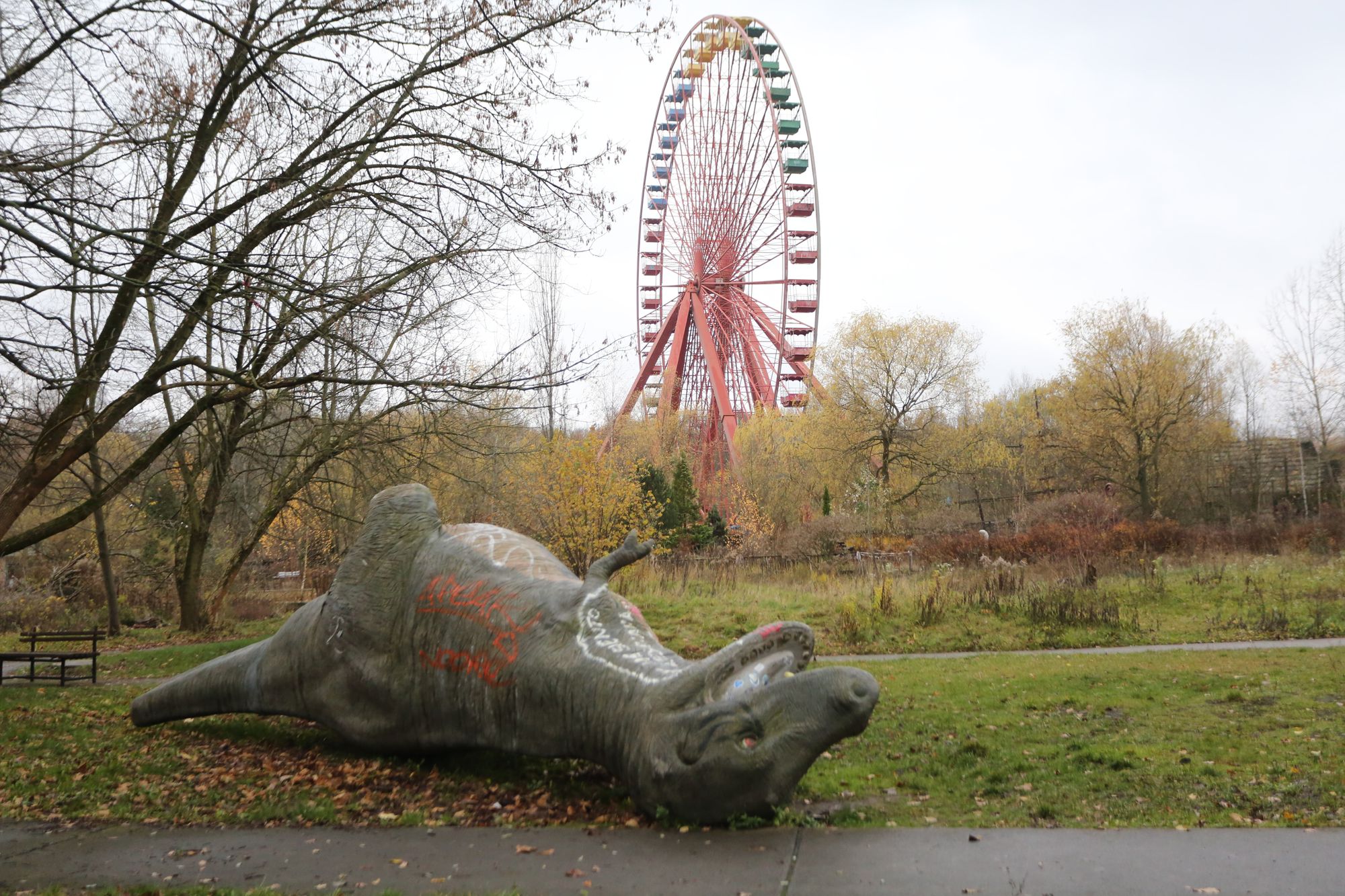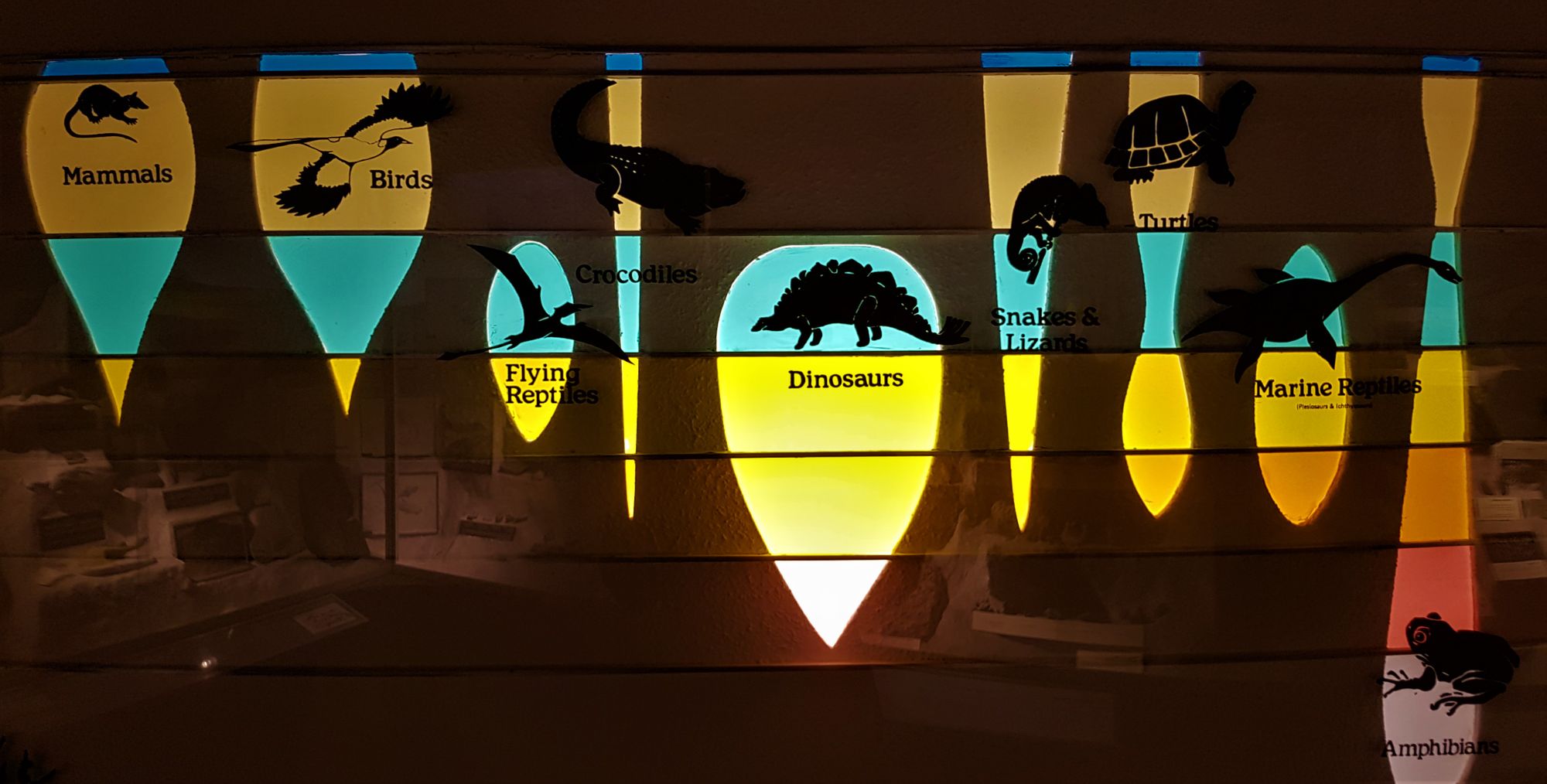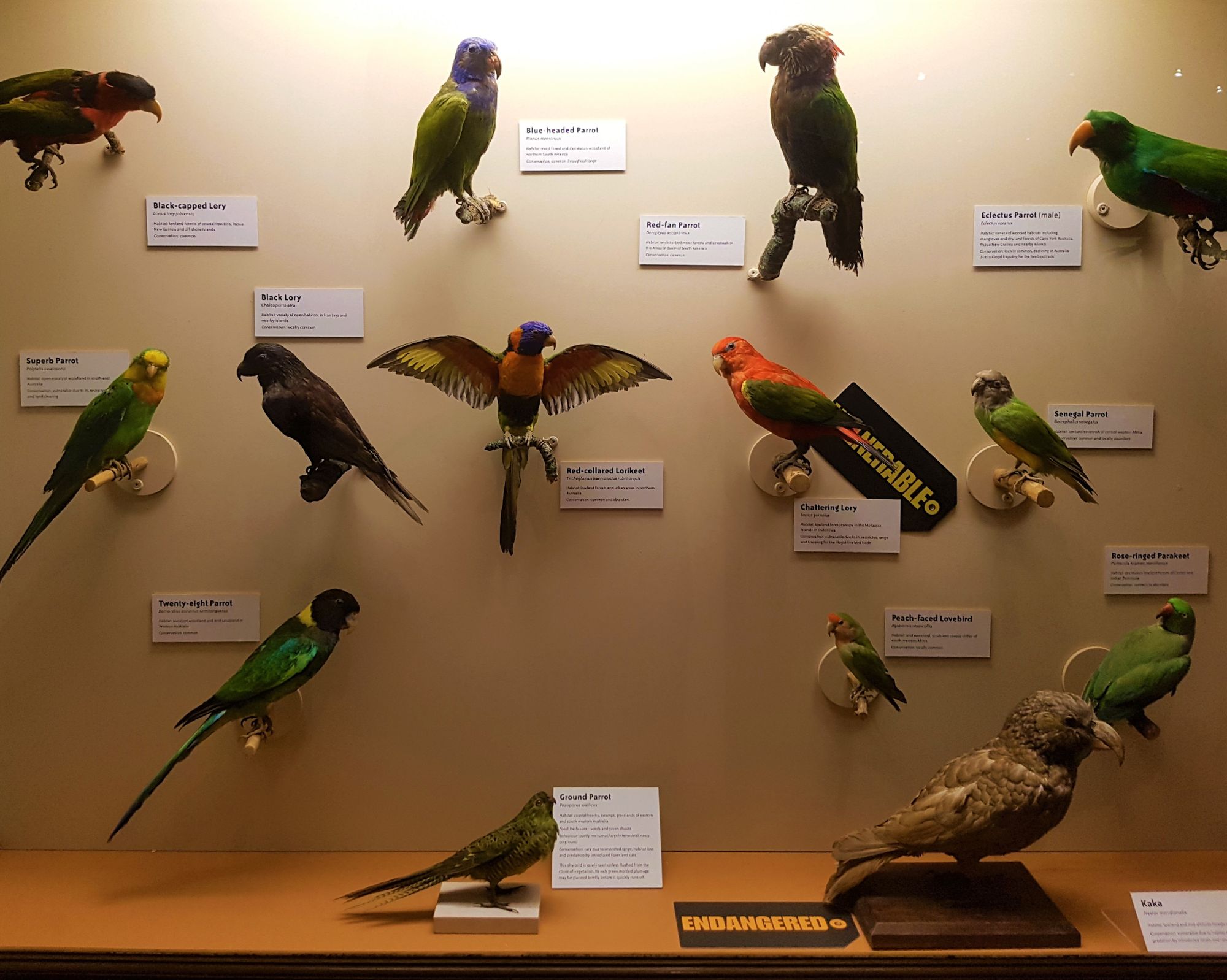By Alex Lawrence, MSc Palaeobiology
Ground-breaking Bristol research has found that the dinosaurs were in decline for 10 million years before an asteroid collided with earth leading to their eventual demise. This could help explain why some animal groups survived the asteroid strike while dinosaurs and other groups perished.
When people hear the term ‘mass extinction’ the first thing that comes to mind is likely to be the dinosaurs. The idea of a dramatic asteroid impact powerful enough to wipe out these giant animals has captured the imaginations of many, and although the asteroid impact is widely accepted by scientists as the reason for the extinction of the dinosaurs, questions still remain. How exactly did the impact result in extinction, and why did some groups survive while others disappeared?
University of Bristol’s Professor Mike Benton, working alongside researchers from the University of Montpellier in France and the University of Alberta in Canada, appears to have found the answer
.

The time of the dinosaurs may already have been coming to a close before the fated asteroid strike | Unsplash / Vitor Fontes
In a five-year effort researchers compiled over 1,600 fossil samples from the Cretaceous period, the last of the three geological periods during which dinosaurs roamed the earth. They used the presence and absence of species in the fossil record to look at rates of speciation (when new species appear) and extinction. Combining these rates gave the researchers the diversification rate, allowing them to see changes in dinosaur biodiversity.
The researchers looked at the diversity trends of 6 dinosaur families which contain a host of beloved species including triceratops, velociraptor and Tyrannosaurus rex. These families cover the most well-represented species in the fossil record from the Cretaceous period.
Professor Benton and his team examined the diversity trends of all dinosaurs together, and of each family individually. Additionally, they split the families into herbivores and carnivores to see if the trends differed based on diet and lifestyle. Using a sophisticated statistical modelling technique called Bayesian analysis they were able to account for bias from uncertainties in the fossil record.
In a five-year effort researchers compiled over 1,600 fossil samples from the Cretaceous period, the last of the three geological periods during which dinosaurs roamed the earth. They used the presence and absence of species in the fossil record to look at rates of speciation (when new species appear) and extinction. Combining these rates gave the researchers the diversification rate, allowing them to see changes in dinosaur biodiversity.
The researchers looked at the diversity trends of 6 dinosaur families which contain a host of beloved species including triceratops, velociraptor and Tyrannosaurus rex. These families cover the most well-represented species in the fossil record from the Cretaceous period.
Professor Benton and his team examined the diversity trends of all dinosaurs together, and of each family individually. Additionally, they split the families into herbivores and carnivores to see if the trends differed based on diet and lifestyle. Using a sophisticated statistical modelling technique called Bayesian analysis they were able to account for bias from uncertainties in the fossil record.

An exhibit at Bristol Museum & Art Gallery shows how some groups survived the asteroid strike while others went extinct | Epigram / Alex Lawrence
The results showed that all dinosaur groups were successful throughout the Cretaceous period until a drop in speciation rates and a great increase in extinction rates occurred in the last 10 million years prior to the asteroid strike. This means there was a steep decline in dinosaur diversity before the final blow. Professor Benton said ‘we were surprised to find this clear result of dinosaur decline for all the major groups that we looked at, even the hadrosaurs and ceratopsians, which were the most successful plant-eaters of the time.’
The scientists then went on to look for clues as to why diversity changed. They studied potential drivers of diversity trends, including temperature, sea level, and the diversity of different plant families that were around in the Cretaceous period.
Results found that two major drivers seemed to have caused the diversity declines. Firstly, a drop in temperatures as climates became cooler, likely due to dinosaurs finding it harder to cope with cold temperatures than groups like mammals. When asked about novel findings from the study regarding only some animal groups going extinct Professor Benton said “the second part of the study, where we tested all kinds of possible explanations for the decline helped because it identified, for the first time, that declining global temperatures are a plausible explanatory variable.”
Digging for gold: success of plants unearthed by ancient faeces
Although the study uses the most recent fossil data and analytical methods there are always new fossils to be found. When asked about the next steps for the research Professor Benton stated that: ‘It would be good to extend the work to other continents – we just looked at North America, which has the best fossil record. We had also done global-scale studies earlier which also showed the decline, but it needs more detailed exploration in other parts of the world.’
Feautured image: Unsplash / Jon Butterworth
If the asteroid strike didn't happen, do you think that dinosaurs might still be around today?
The results showed that all dinosaur groups were successful throughout the Cretaceous period until a drop in speciation rates and a great increase in extinction rates occurred in the last 10 million years prior to the asteroid strike. This means there was a steep decline in dinosaur diversity before the final blow. Professor Benton said ‘we were surprised to find this clear result of dinosaur decline for all the major groups that we looked at, even the hadrosaurs and ceratopsians, which were the most successful plant-eaters of the time.’
The scientists then went on to look for clues as to why diversity changed. They studied potential drivers of diversity trends, including temperature, sea level, and the diversity of different plant families that were around in the Cretaceous period.
Results found that two major drivers seemed to have caused the diversity declines. Firstly, a drop in temperatures as climates became cooler, likely due to dinosaurs finding it harder to cope with cold temperatures than groups like mammals. When asked about novel findings from the study regarding only some animal groups going extinct Professor Benton said “the second part of the study, where we tested all kinds of possible explanations for the decline helped because it identified, for the first time, that declining global temperatures are a plausible explanatory variable.”

The only dinosaurs to survive the mass extinction at the end of the Cretaceous period, birds became highly successful | Epigram / Alex Lawrence
Secondly, herbivores started to decline before carnivores. This is likely because the loss of herbivores has knock-on effects on ecosystems leading to instability and a greater chance of other extinctions or even total ecosystem collapse.
Secondly, herbivores started to decline before carnivores. This is likely because the loss of herbivores has knock-on effects on ecosystems leading to instability and a greater chance of other extinctions or even total ecosystem collapse.
Digging for gold: success of plants unearthed by ancient faeces
Although the study uses the most recent fossil data and analytical methods there are always new fossils to be found. When asked about the next steps for the research Professor Benton stated that: ‘It would be good to extend the work to other continents – we just looked at North America, which has the best fossil record. We had also done global-scale studies earlier which also showed the decline, but it needs more detailed exploration in other parts of the world.’
Feautured image: Unsplash / Jon Butterworth
If the asteroid strike didn't happen, do you think that dinosaurs might still be around today?
No comments:
Post a Comment